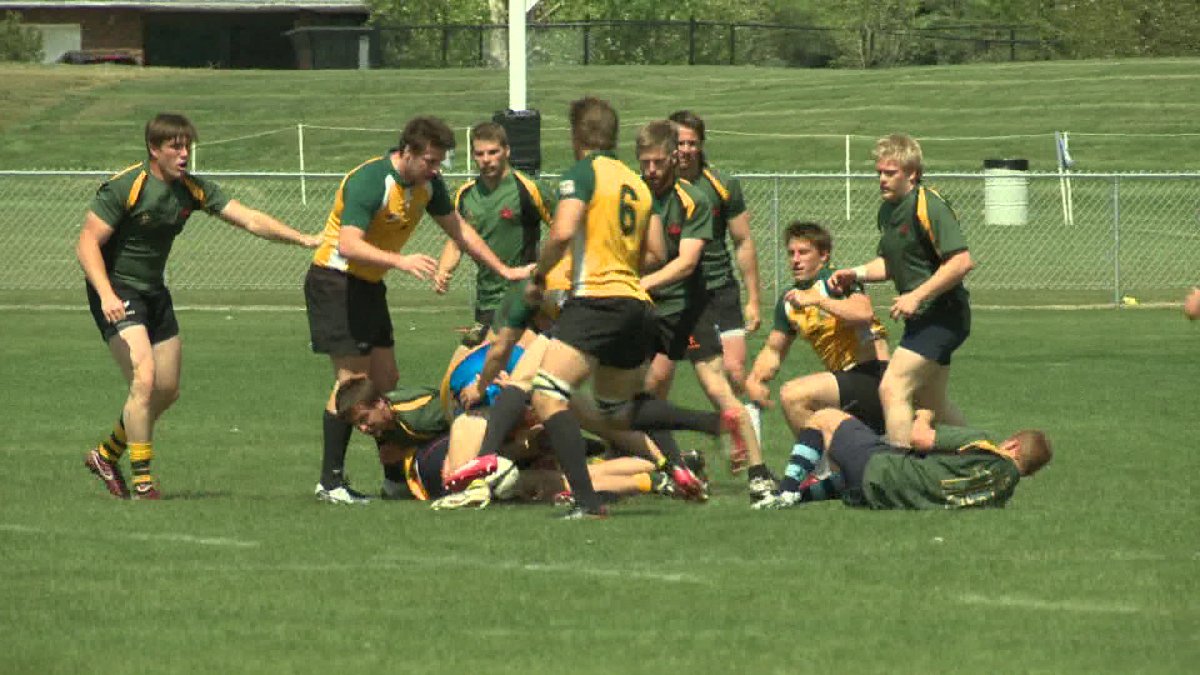HALIFAX – Contact sports in Nova Scotia are increasingly under the microscope after an Ottawa teen died from injuries sustained during a rugby game.

Rowan Stringer, 17, passed away Sunday after a hit to her head during the game last week. Her parents say the teen likely had other head injuries before that fateful game but she did not tell them. The incident has prompted calls for more vigilance in protecting athletes from serious or possibly even fatal injuries.
Though rugby is a very physical sport, doctors say communication is most important to keep players safe from head injuries.
“By continuing to push through and play, even if you don’t get concussed again, even if you don’t get hit again, you make this perhaps two week recovery period into a much more protracted period that might last months,” said Dr. Brett Taylor, who researches concussions at IWK.
Jack Hanratty, provincial coach with Rugby Nova Scotia, admits that rugby is an aggressive sport but adds that players need to speak up about their injuries rather than dismiss them.
“Players shouldn’t keep their injury to themselves,” Hanratty said. “They should express it to their coaches, to their managers, to their teachers and their parents.”
Rugby Nova Scotia adds that referees and coaches need to keep a sharp eye on athletes and speak with them if they are not fit to play.
- Wegovy now in Canada: Who should (and shouldn’t) use the weight-loss drug
- A spoonful of olive oil a day could reduce risk of death from dementia: study
- N.B. woman must move to Toronto for life-saving lung transplant. She can’t afford to go
- Amid bird flu spread, Canada boosts surveillance and testing at border
“If a referee isn’t comfortable with a player on the field, the referee might feel the player is definitely injured, that referee can say, I don’t want this player to continue,” Hanratty said.
“The coaches really have a responsibility to stop that child from playing regardless of what that means to the score,” Taylor said.
The concussions researcher also says parents need to be on the lookout for changes in their kids.
“If your child comes back from a sporting event and has a headache, is dizzy or vomiting, if the child has a change after impact sports in behaviour or attitude, I think those are tremendously important to pick up on and respond to,” Taylor said.


Comments